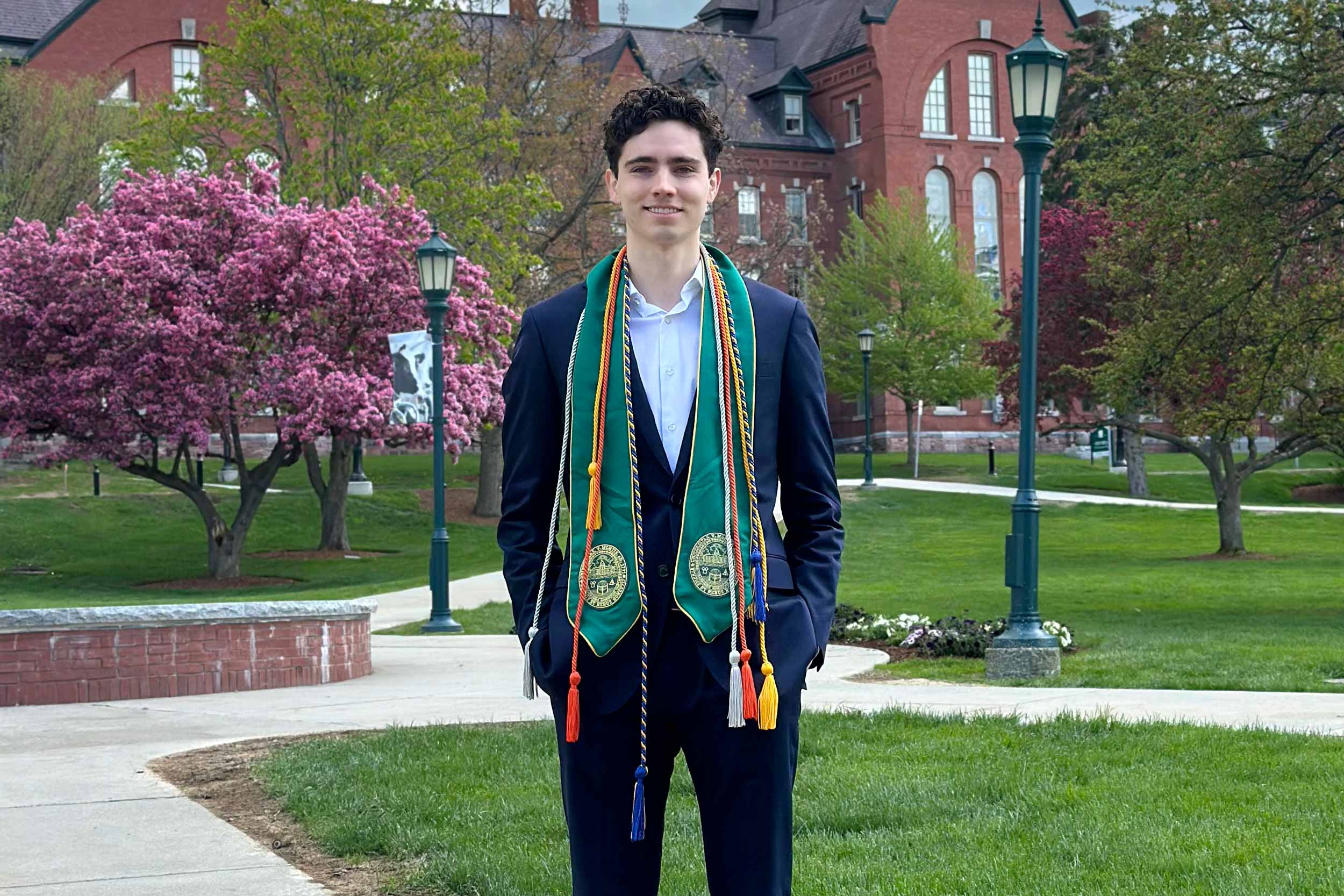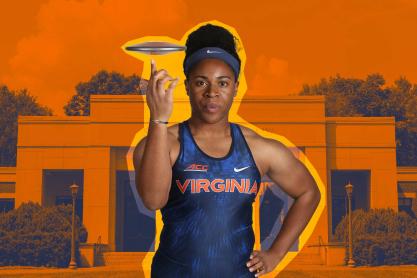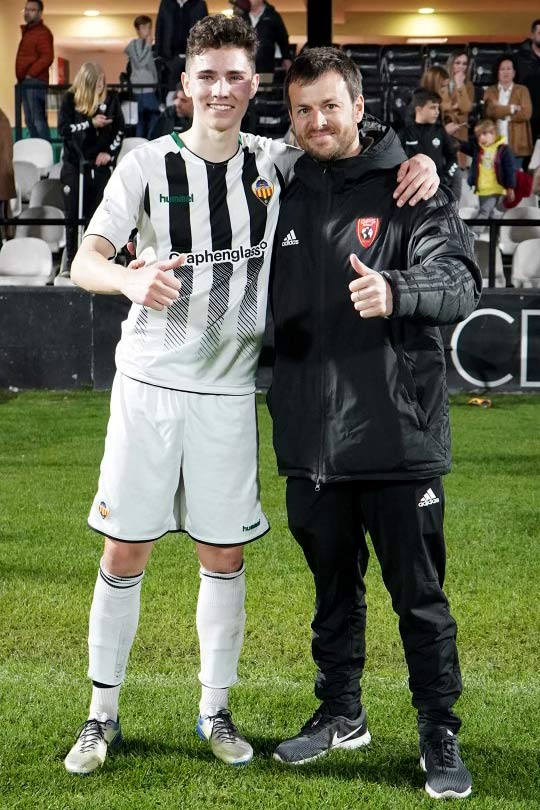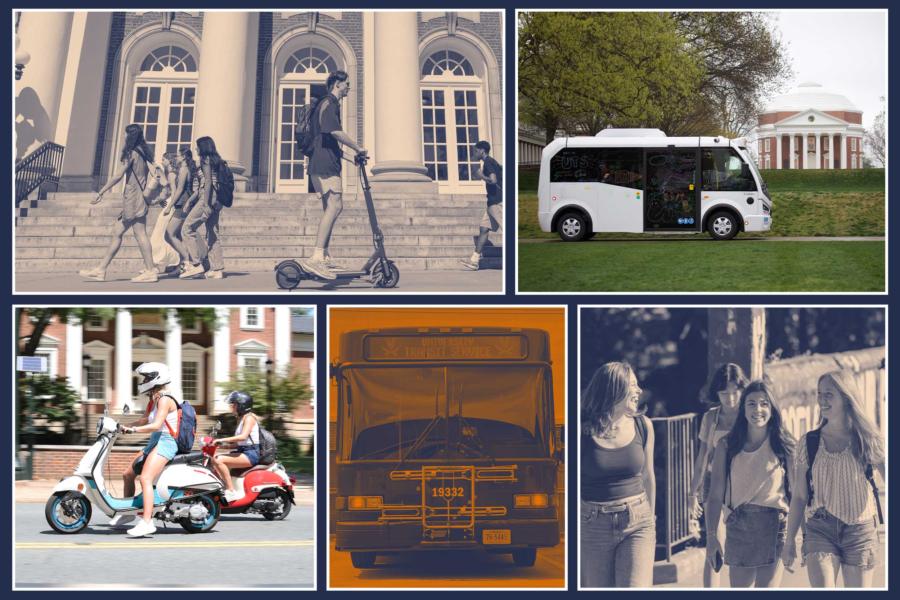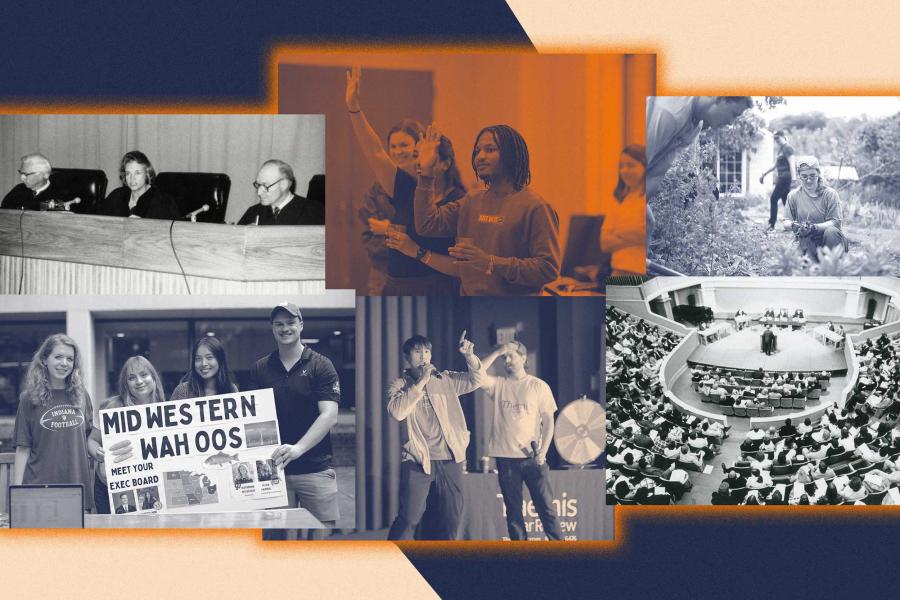“You have to make pretty big decisions for yourself at 14 or 15, like how much time you’ll invest in schoolwork when you have this busy soccer schedule,” he said. “Thankfully, I was able to maintain a great focus on academics, which I’m a little surprised, given how young and immature I was.”
The move also allowed him to come into contact and communicate with a wide variety of people as he traveled to almost every state for soccer tournaments. In his senior year of high school, Pugliese transferred to FC Barcelona’s residency academy outpost in Casa Grande, Arizona, joining for its inaugural season.
That led to a contract with the CF La Vall team in Spain, which then landed him a spot on the second-division team for Castellón.
He mostly played with the reserve team, occasionally trained with the first team and hoped to one day become a first-team starter. He had studied Spanish in high school and playing with Castellón helped him become more proficient in the language.
But the physical effects of playing soccer since early childhood caught up with him. Pugliese experienced hip troubles and saw the field less and less.
“Once COVID-19 hit, it was the perfect opportunity to switch gears a bit. I felt like I didn’t have much left to give to soccer,” Pugliese said.
He was thankful to be able to fully turn his attention to academics, something that had always interested him even as soccer took center stage. He entered the University of Vermont and majored in English, with a minor in philosophy.
“Ending my soccer career allowed me to fully explore my passion for reading and textual analysis, which was what put me on the path to applying to UVA Law,” he said.
While at Vermont, Pugliese mentored underserved children through the organization DREAM AmeriCorps. This opportunity included planning weekly programming, organizing social events and providing one-on-one mentorship for children in a public housing complex dedicated to refugees from the Congo, Tibet and other regions of geopolitical conflict.
“It starkly showed me how little funding and resources there are for mentorship and education for children in need,” he said. “But it also showed me how valuable it is to be a positive influence in a child’s life rife with obstacles.”
As a professional soccer player, his physician mother and architect father thought he should keep an alternate career track in mind, and so the summer before his sophomore year of college, he interned at his uncle’s public defense law practice in Brooklyn.
“I loved the advocacy aspect of it, where you’re not necessarily speaking for someone, but you might be helping them operate within a system that they don’t completely understand,” he said. “It taught me that, at least with my current, infant understanding of the law, lawyering isn’t all about conflict and arguing. It’s also about resolving issues through peaceful discussion.”
He sees himself studying public service, youth advocacy or family law. Considering his unique background in soccer, he is also considering a career in transactional law.
“I feel a little overwhelmed by the wealth of opportunities at UVA Law,” he said. “But I know I want to want to use tools like sympathy and empathy to try to put myself in someone else’s shoes and come up with a plan of action to help them secure the rights they deserve.”
